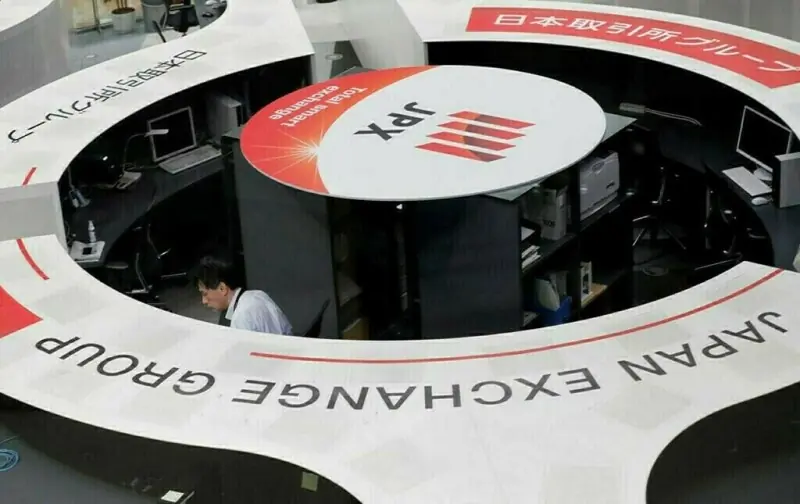By Ghana News
Copyright ghanamma

The government has announced major reforms in the country’s public procurement system aimed at stemming the billions of cedis lost annually through irregularities, according to the Deputy Minister for Finance, Thomas Nyarko Ampem.
He said that the measures form part of efforts to strengthen accountability and ensure value for money in public spending.
Speaking at the National Procurement and Supply Conference in Accra on Saturday, September 20, 2025, Mr Nyarko Ampem cited a Ghana Institute of Procurement and Supply (GIPS) report that estimates Ghana loses approximately GH¢2.36 billion every year due to procurement breaches.
He described this as a drain on scarce resources that could otherwise be used to build hospitals, schools and climate-resilient infrastructure.
“Why are we spending more on inefficiencies and infractions than on the most vulnerable in our society? Procurement inefficiencies rob us of opportunities to create jobs and expand access to critical services,” the Deputy Minister stated.
He highlighted irregularities such as unauthorised procurements, inconsistent evaluations, poor supervision, and vague specifications tailored to favour certain suppliers, warning that these practices undermine development and erode public trust.
To address the problem, he disclosed that the government had amended the Public Procurement Act, making commencement certificates and budgetary allocations prerequisites for all central government-funded procurements.
Additionally, the Ministry of Finance has established a PFM Compliance Division to enforce adherence through the Ghana Electronic Procurement System (GHANEPS).
Mr. Nyarko Ampem further revealed that the Cabinet is considering the Procurement Practising Bill, which seeks to professionalize the procurement function, curb malpractices and embed sustainability and anti-corruption safeguards.
“This legislation is expected to raise standards and give procurement the strategic importance it deserves,” he noted.
He added that the reforms are anchored in President John Mahama’s economic reset agenda and align with the 24-Hour Economy Programme, which prioritises local production, green procurement, and job creation.
The Deputy Minister encouraged procurement professionals to embrace technology, strictly enforce existing laws, and insist on value-for-money.
“Every insistence on local content builds industries that can compete across Africa and beyond,” he stressed.
The conference was held under the theme: “Transforming Public Procurement for Sustainable Development: Policies, Practices and Pathways.”



